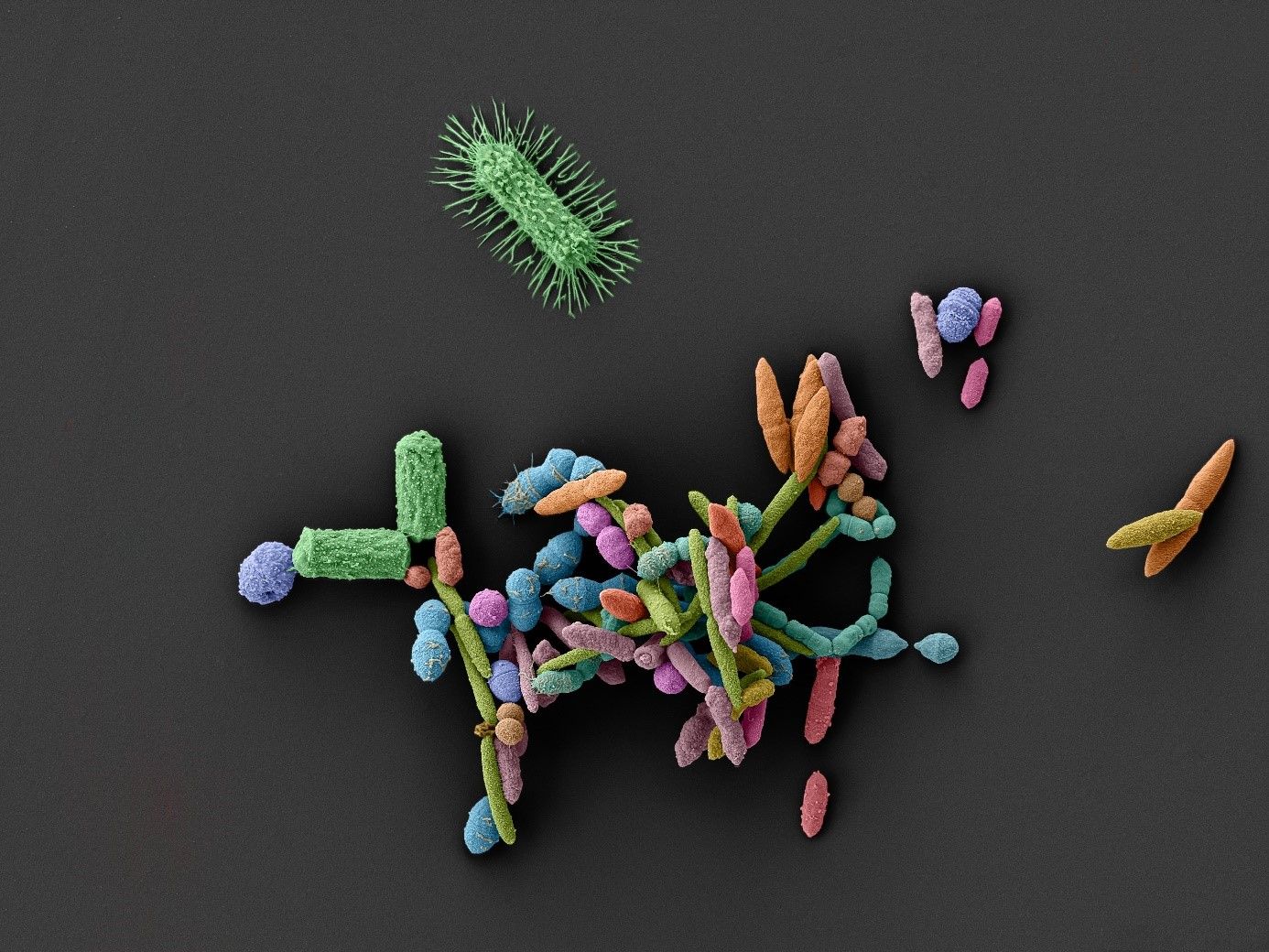How common drugs pave the way for pathogens

A recent study led by the University of Tübingen shows that many common drugs, even those that are not antibiotics, can disrupt the delicate balance of the gut microbiome. The researchers tested 53 non-antibiotic agents, including allergy medications, antidepressants and hormone preparations. Around a third of these promoted the growth of salmonella, while beneficial bacteria were inhibited.
The drugs impaired the diversity and stability of the intestinal flora and reduced protective bacteria, which favours pathogens. These effects could also be reproduced in mouse models, where they led to more severe disease progression.
The researchers are calling for their influence on the microbiome to be taken into account when developing and evaluating drugs in future. To this end, a new test procedure has been developed with which the effects on the microbiome can be systematically analysed.
Read here the full press release from the University of Tübingen: Unerwartete Nebenwirkung: Wie gängige Medikamente Krankheitserregern den Weg ebnen
The original publication: Grießhammer A, de la Cuesta-Zuluaga J, Müller P, Gekeler C, Homolak Jan, Chang H, Schmitt K, Planker C, Schmidtchen V, Gallage S, Bohn E, Nguyen TH, Hetzer J, Heikenwälder M, Huang KC, Zahir T, Maier L. (2025) Non-antibiotic drugs disrupt colonization resistance against pathogenic Gammaproteobacteria. Nature 643. doi: 10.1038/s41586-025-09217-2. Published online ahead of print.
